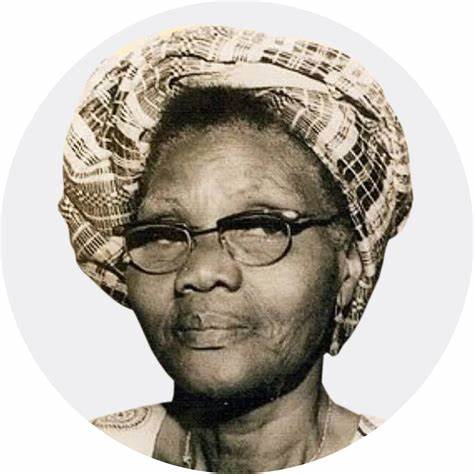Retrospect
Funmilayo Ransome-Kuti: The Fela Anikulapo-Kuti and Wole Soyinka DNA Strands

Exploring the legacy of Funmilayo Ransome-Kuti and her contemporaries Margaret Ekpo (Nigeria), Hajiya Gambo Sawaba (Nigeria), Adelaide Casely-Hayford (Sierra Leone), Constance Cummings-John (Sierra Leone), Mabel Dove Danquah (Ghana), and Hannah Kudjoe (Ghana) unveils political activism that defied colonial oppression and patriarchal norms. These matriarchs were trailblazers whose unwavering commitment to education, women’s rights, and social justice ignited movements that reshaped post-colonial West African societies. Through grassroots mobilization and global connections, they left indelible marks on the fight for independence and gender equality across West Africa.
Funmilayo Ransome-Kuti’s remarkable journey began in Abeokuta, Western Nigeria, in 1900. Albeit any attempt to tell her story inevitably intertwines with politics, yet a good storyteller would delve into her inner conflict. This inner conflict is best illustrated by her son, Fela Anikulapo-Kuti, a musician and activist against the Nigerian system. His siblings Olikoye Ransome-Kuti, a renowned medical doctor and public health advocate; Beko Ransome-Kuti, a prominent medical doctor and human rights activist; and Dolapo “Dolu” Ransome-Kuti, who supported her family’s activism also inherited her relentless drive.
Funmilayo’s early life exhibited a strong sense of justice and a passion for education, influenced by her ancestors’ traumatic experience with Portuguese slave dealers, British rescue and repatriation to Sierra Leone. This deep-seated trauma fueled her lifelong fight against oppression in Nigeria, a struggle continued by her descendants. Fela’s children, Femi Kuti and Seun Kuti, have carried on this legacy from the originator Afrobeat music itself.
In marriage, motherhood, and profession, Funmilayo motivated not only her children but also her nephew, Nobel Laureate Wole Soyinka. His mother, Grace Eniola Soyinka, was a key member of the Abeokuta Women’s Union, co-founded by Funmilayo. The influence of these women on Soyinka’s commitment to social justice and democracy is evident, as they marched against colonial taxation and advocated for women’s rights.
The larger themes of anti-colonialism, gender rights advocacy, and social justice in Funmilayo’s life motivated the biopic “Funmilayo Ransome-Kuti,” which won the Best Indigenous Language award at the 2024 Africa Magic Viewers’ Choice Awards (AMVCA). The film’s use of indigenous dialogue celebrates Nigerian linguistic and cultural heritage, adding a unique dimension to its cultural centeredness.
Funmilayo’s education and early life experiences, such as becoming the first female student at Abeokuta Grammar School and studying in England, informed her objective perception of life. She married Reverend Israel Oludotun Ransome-Kuti and together they influenced their children deeply.
Funmilayo’s legacy is not only one of prominence, but also of nurturing a family deeply committed to social justice. Her influence extended beyond her family, inspiring a new generation of women leaders. The award-winning movie stands as testament to her enduring impact, proving that her spirit continues to inspire even those who were children at her passing in 1978. The physical attack by Nigerian soldiers that led to her death remains a poignant reminder of her sacrifices.